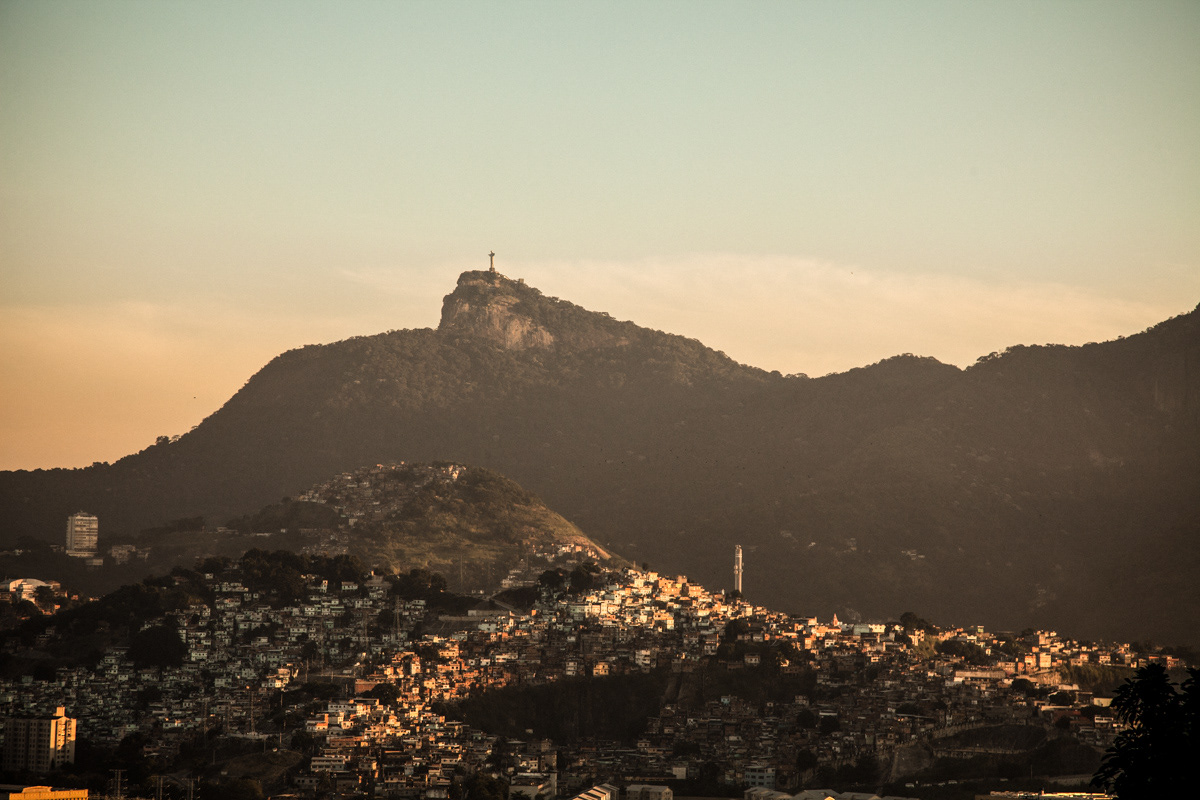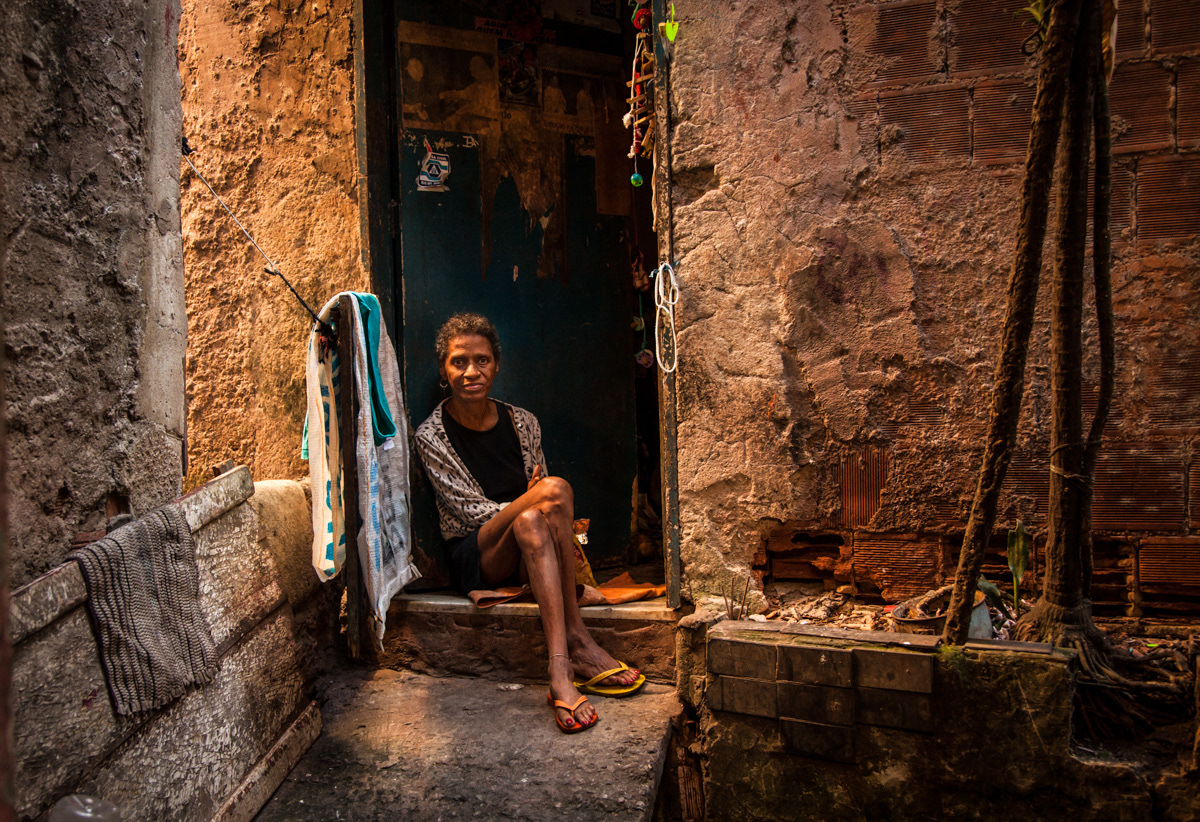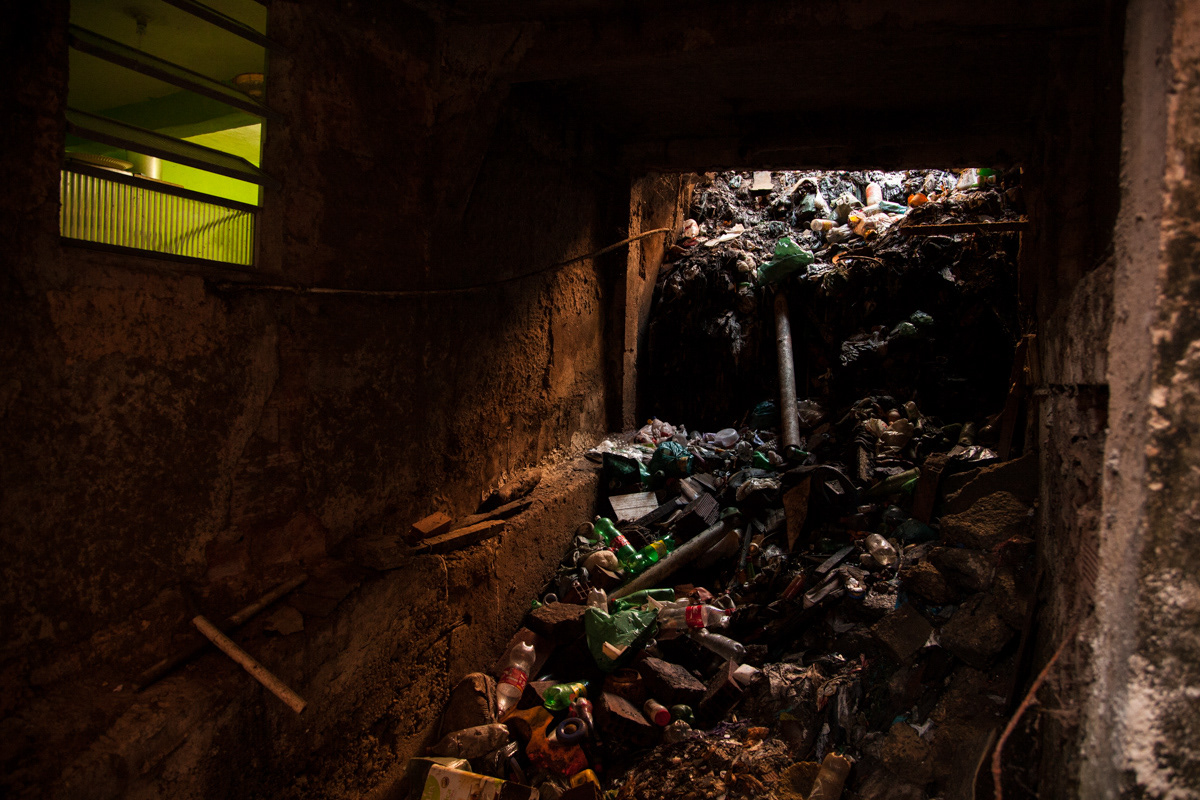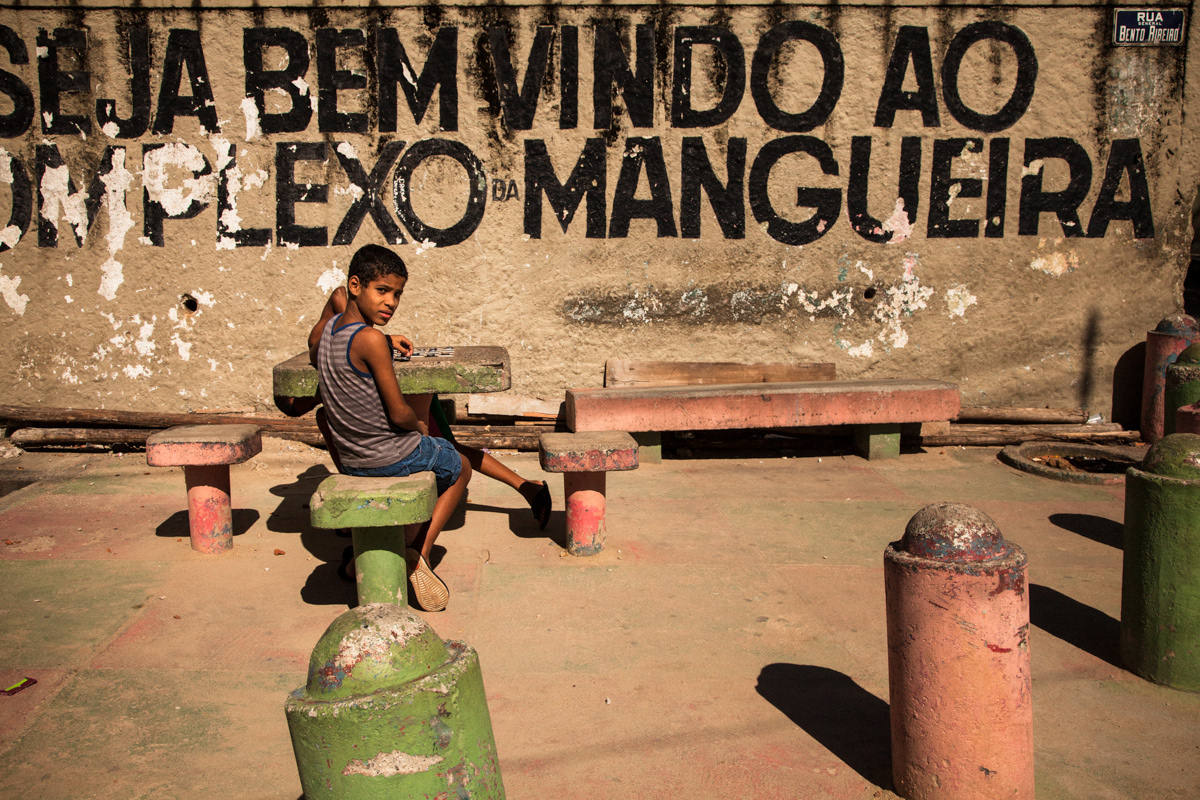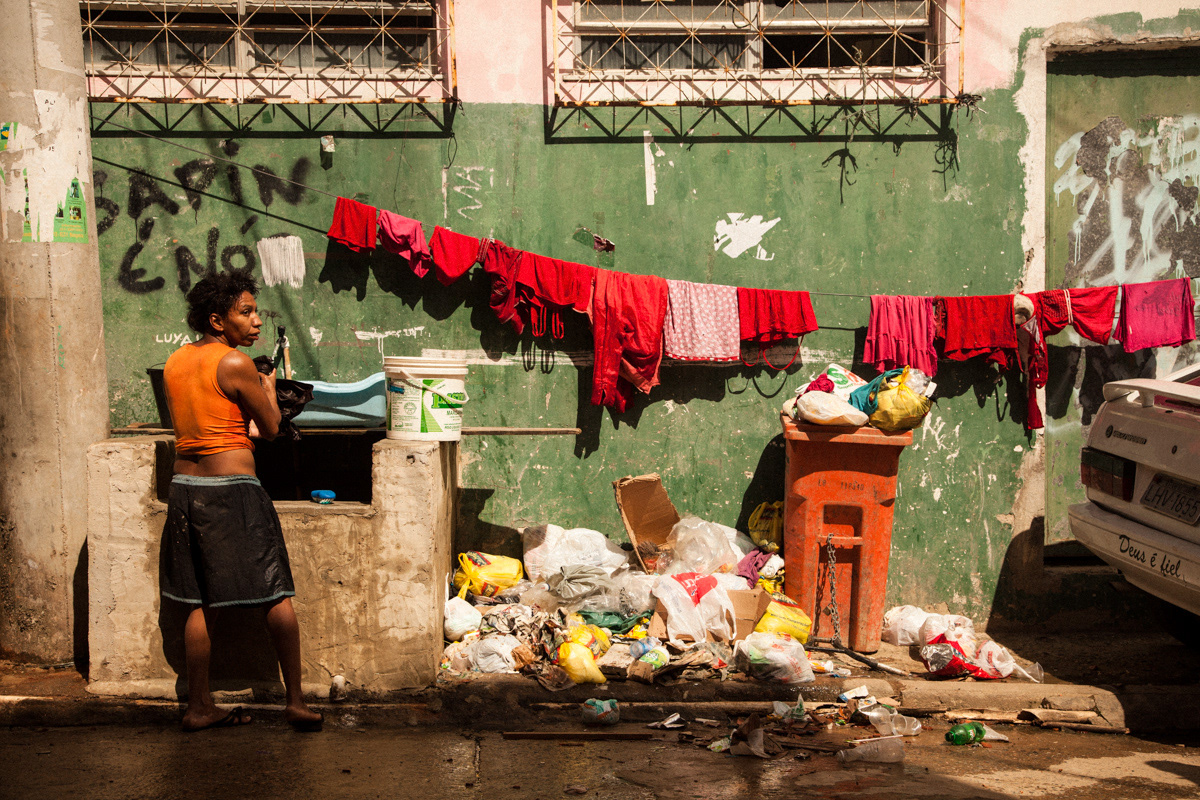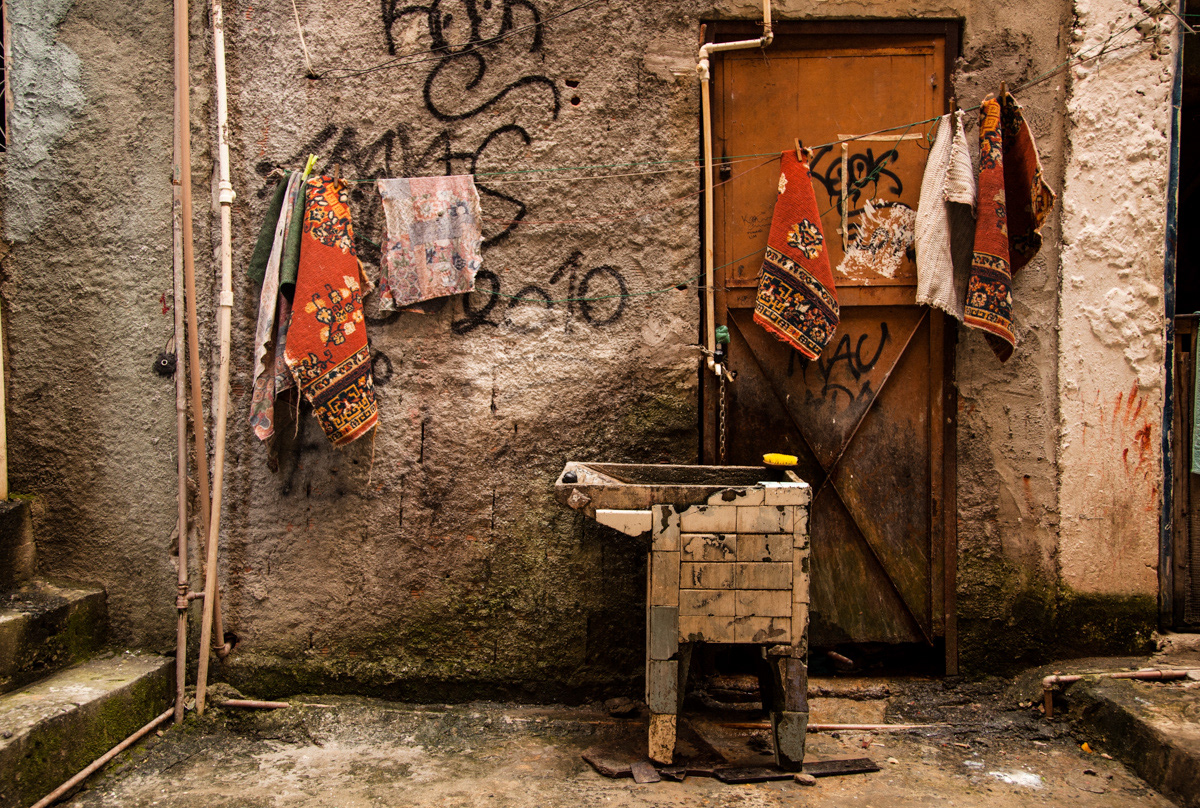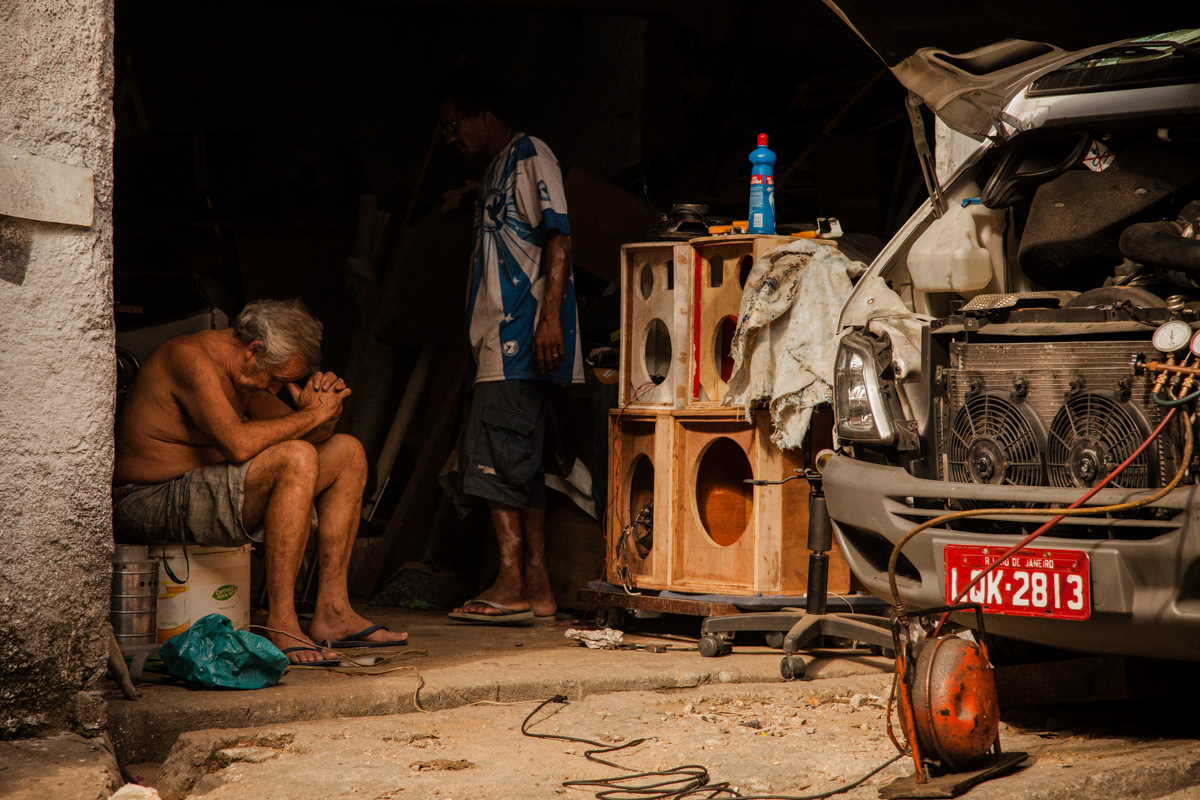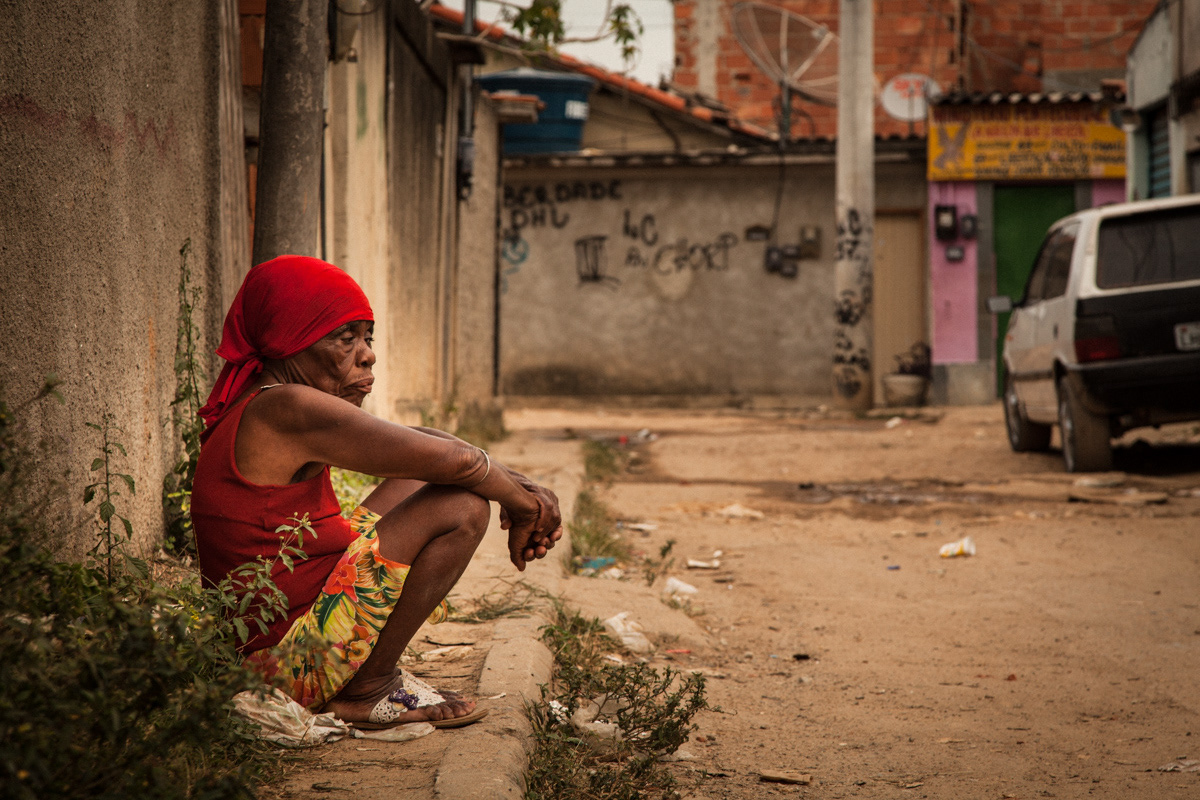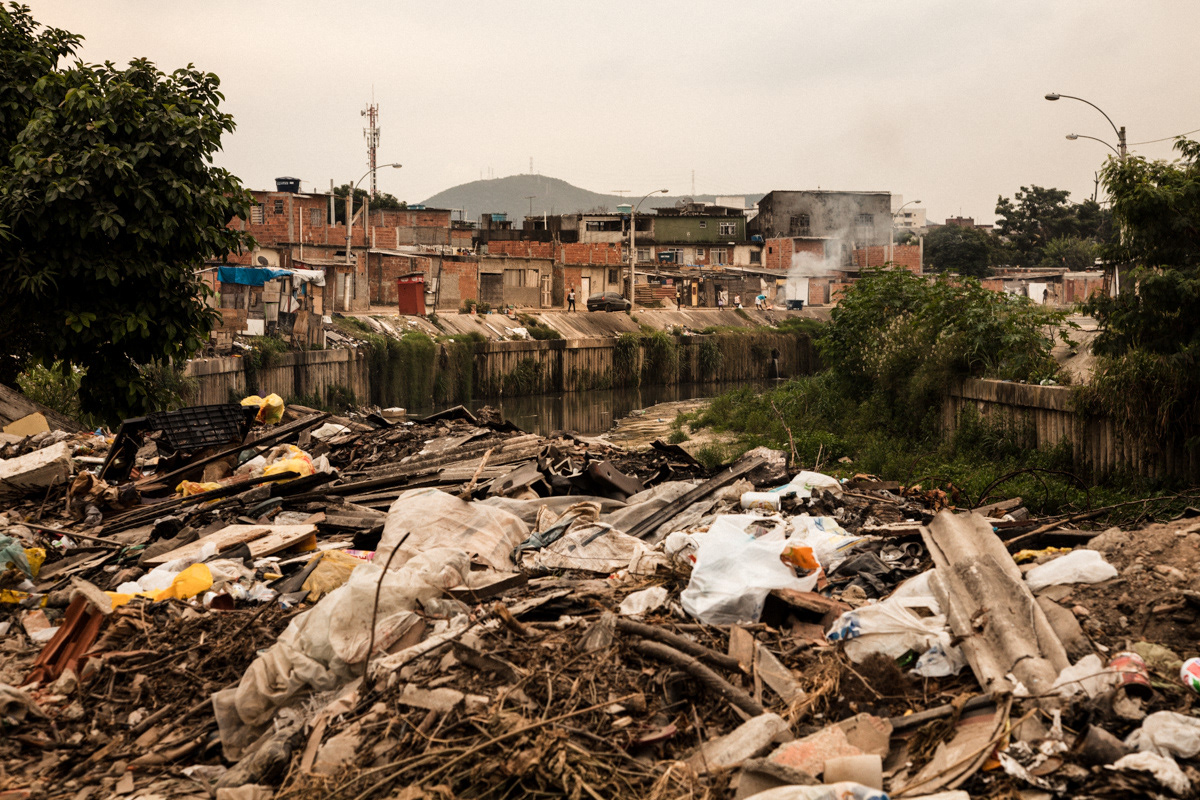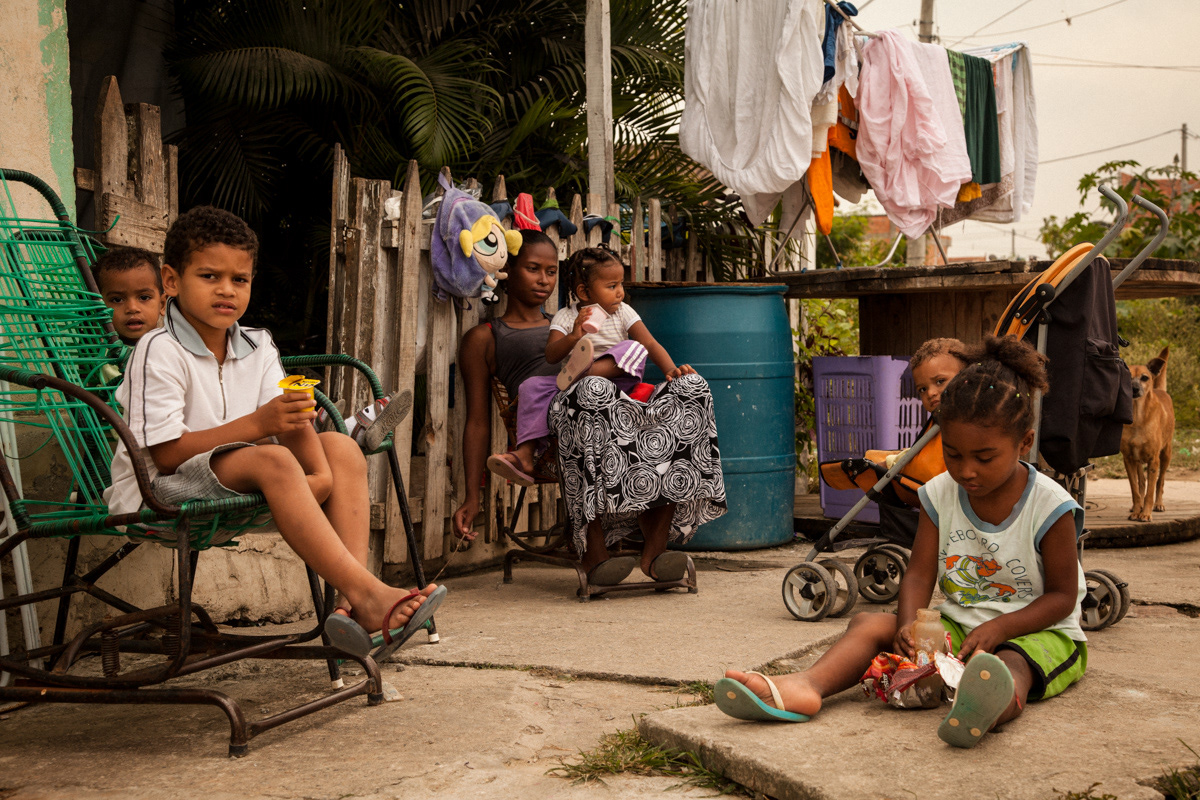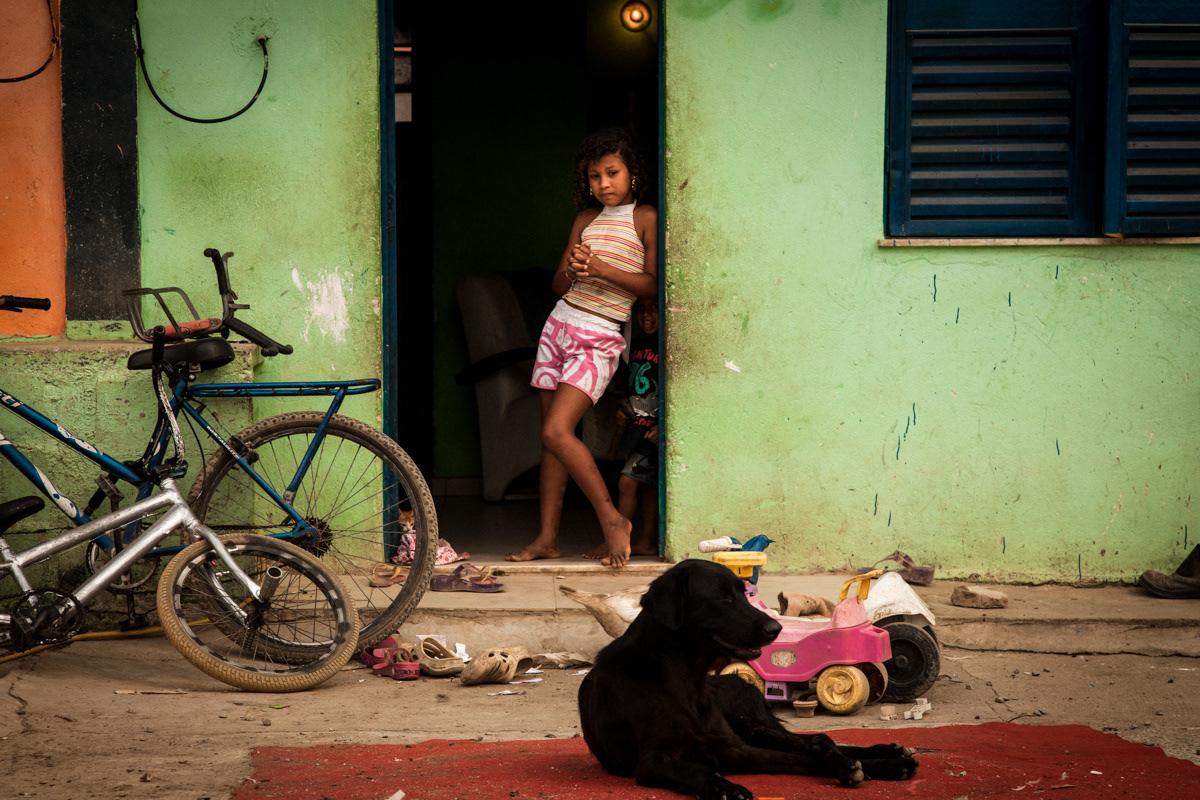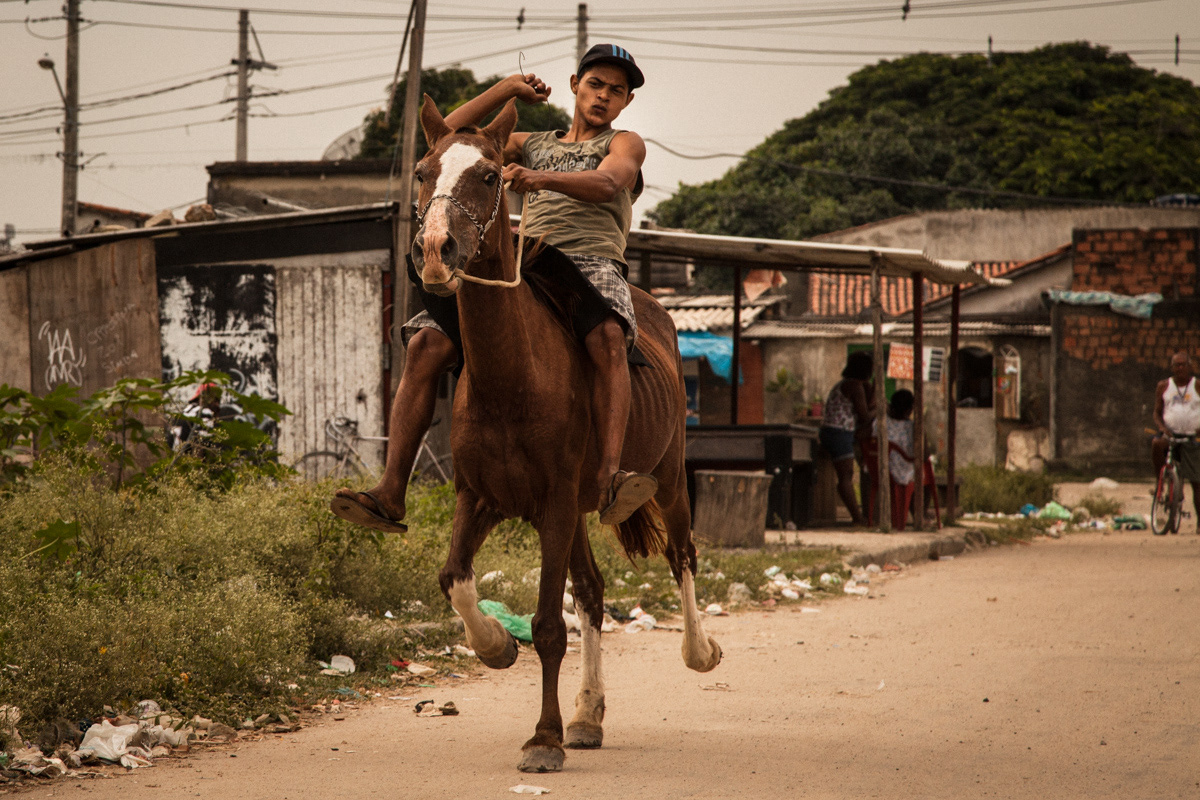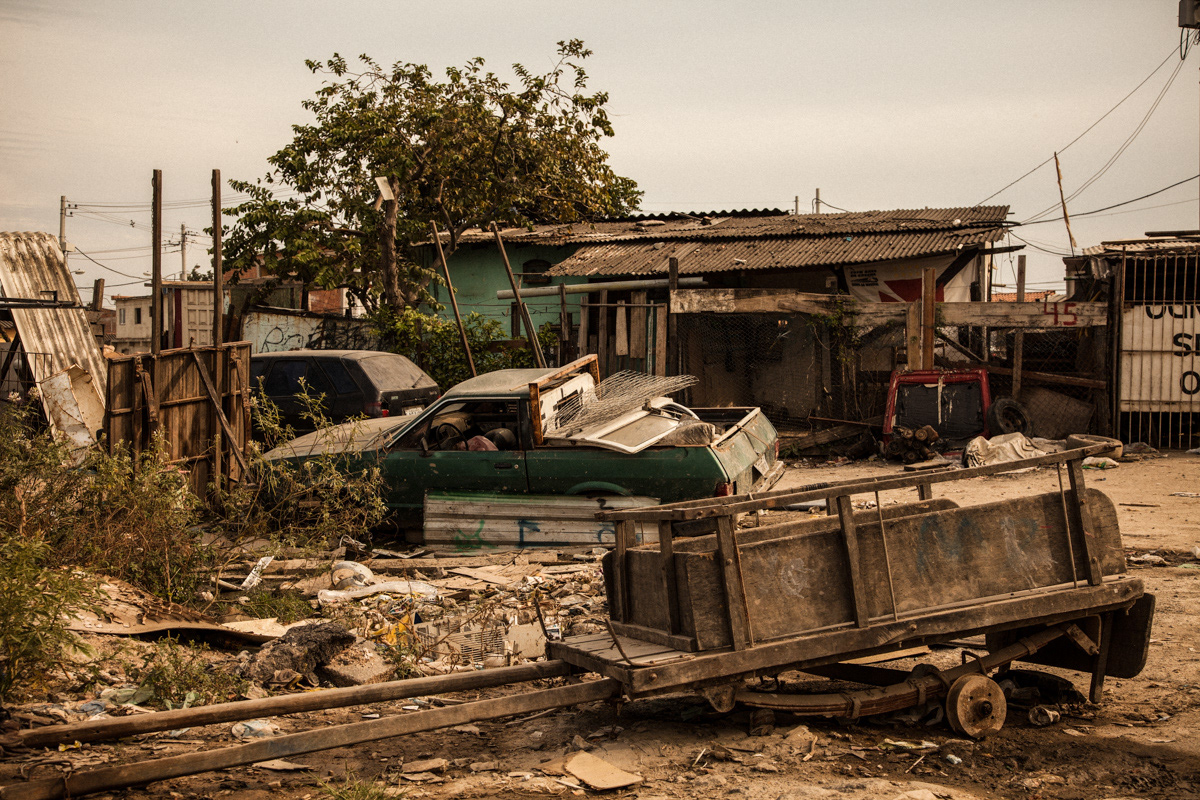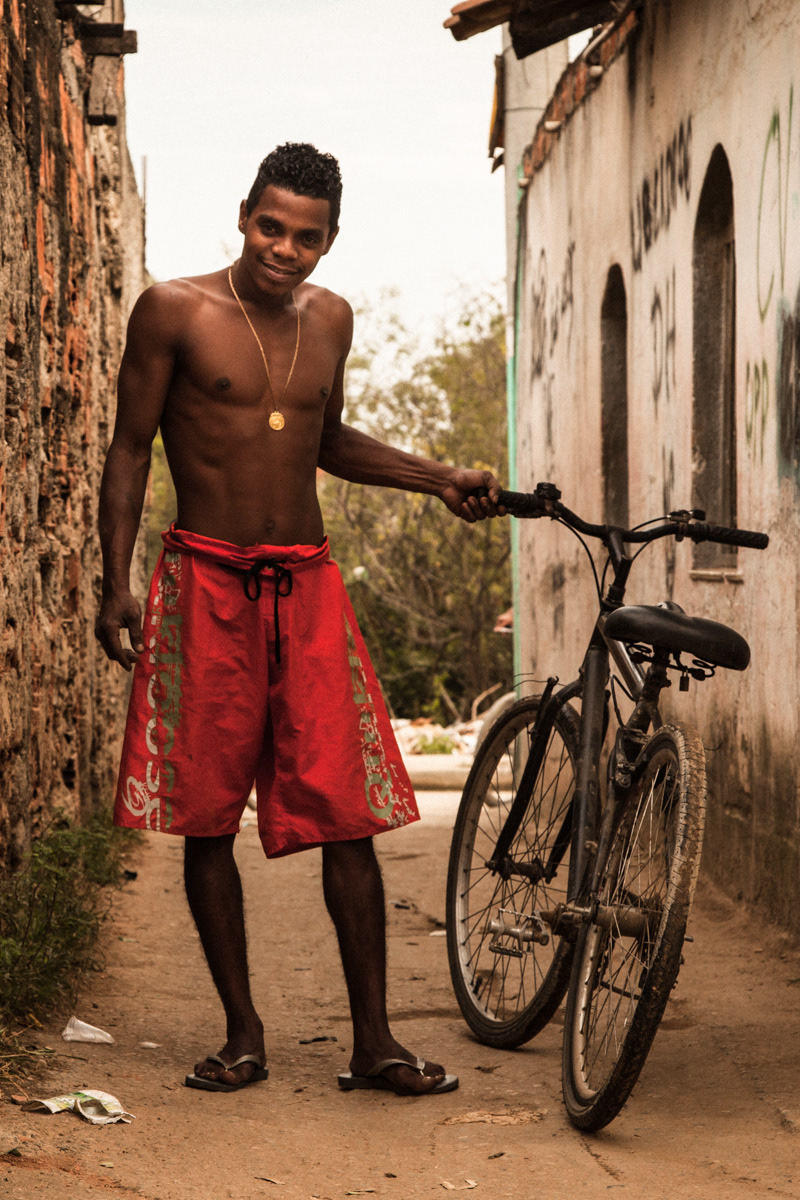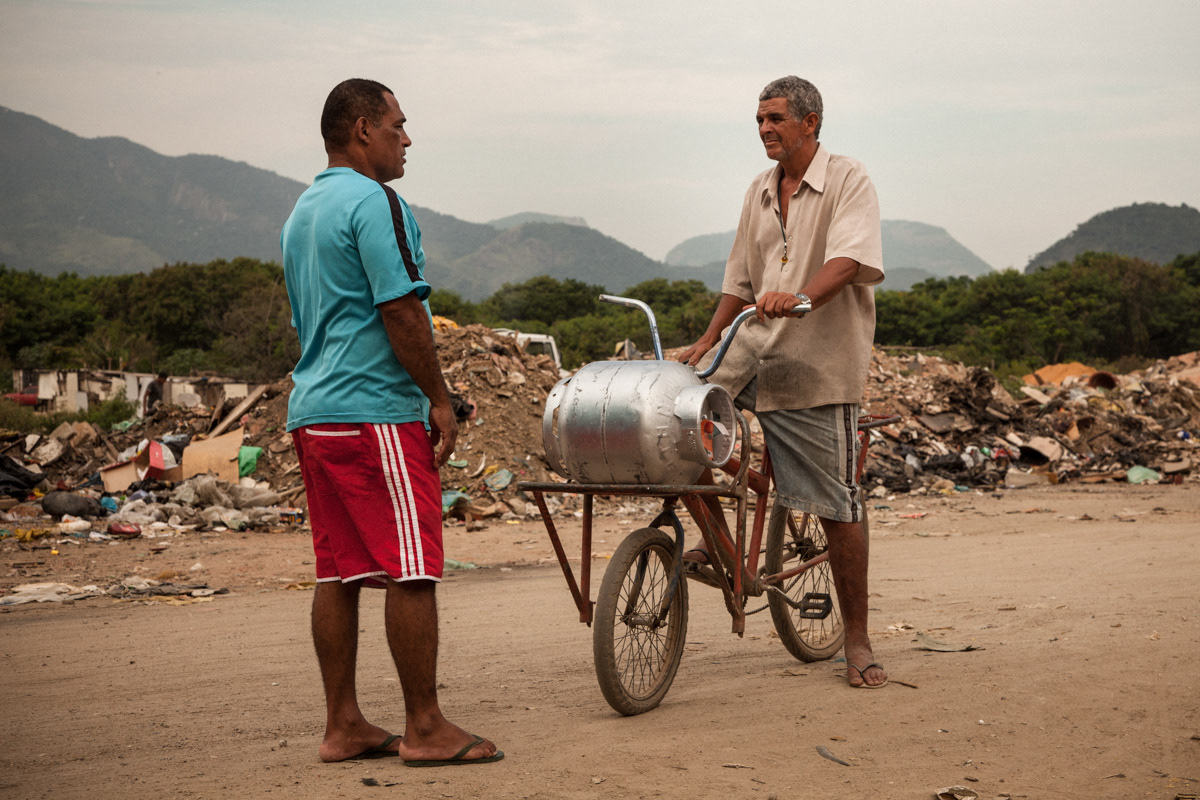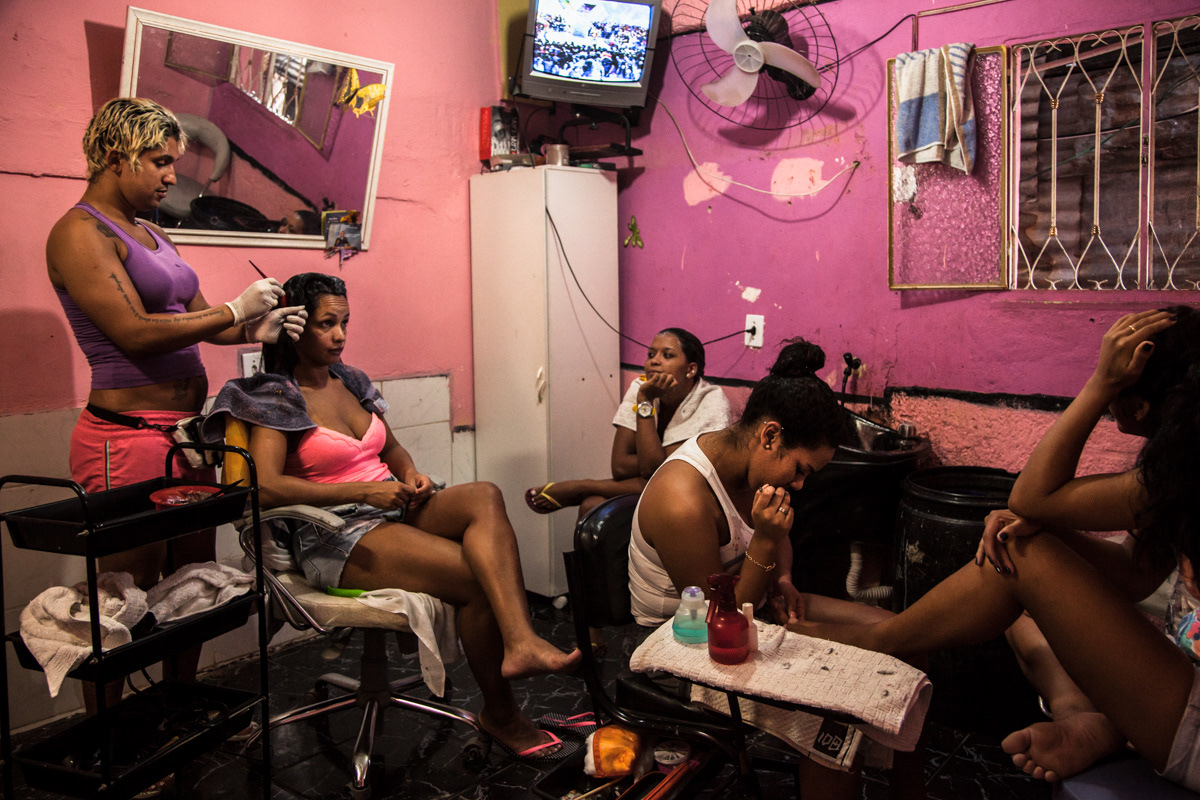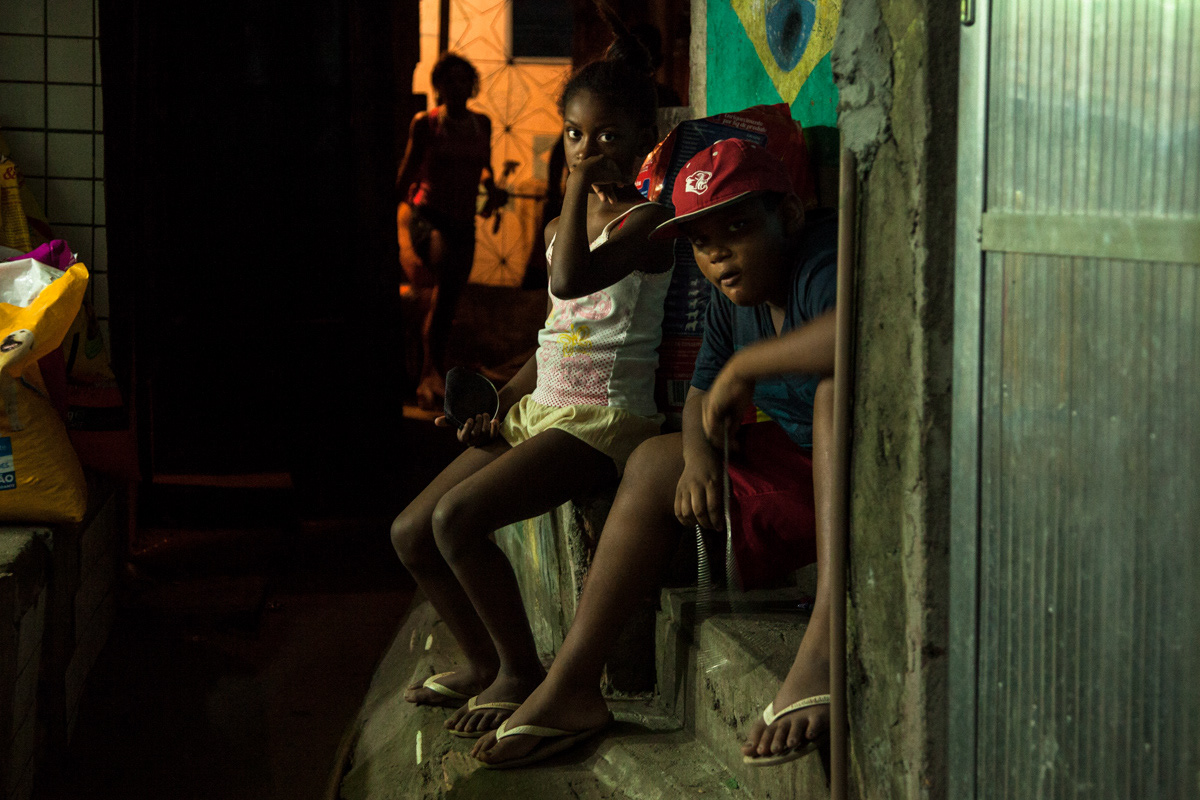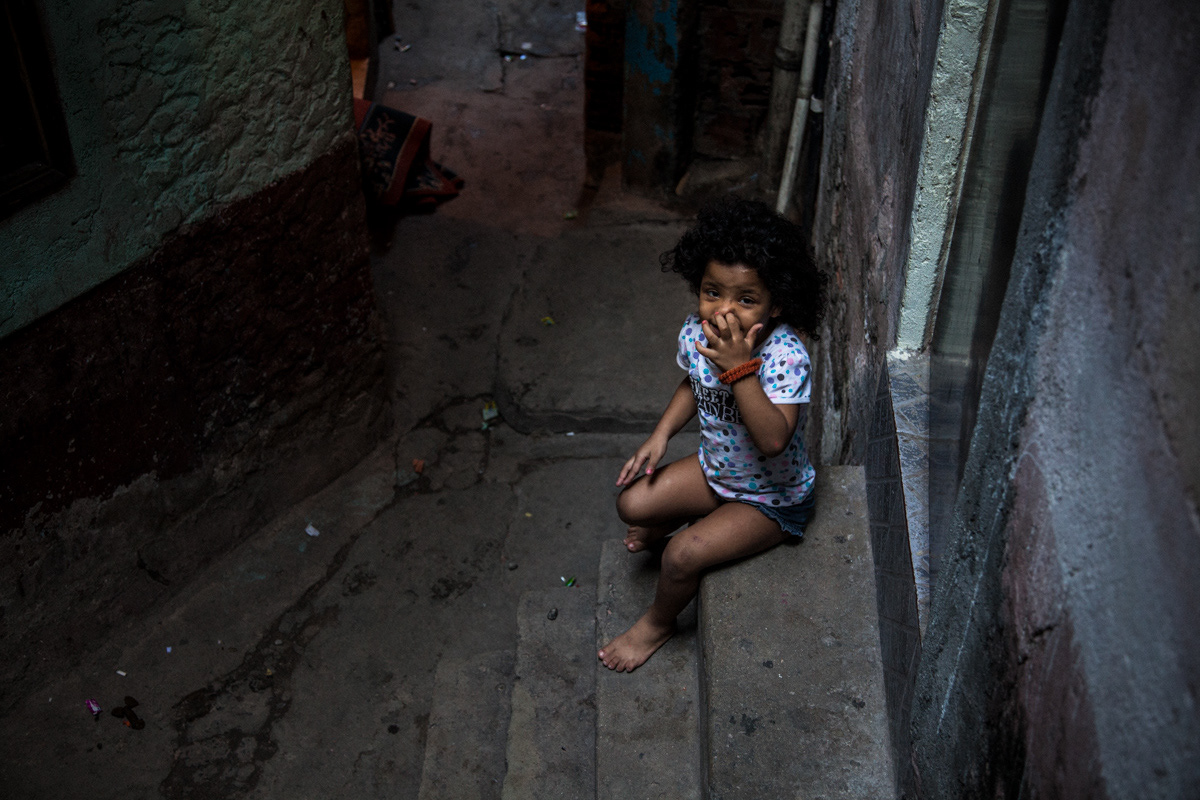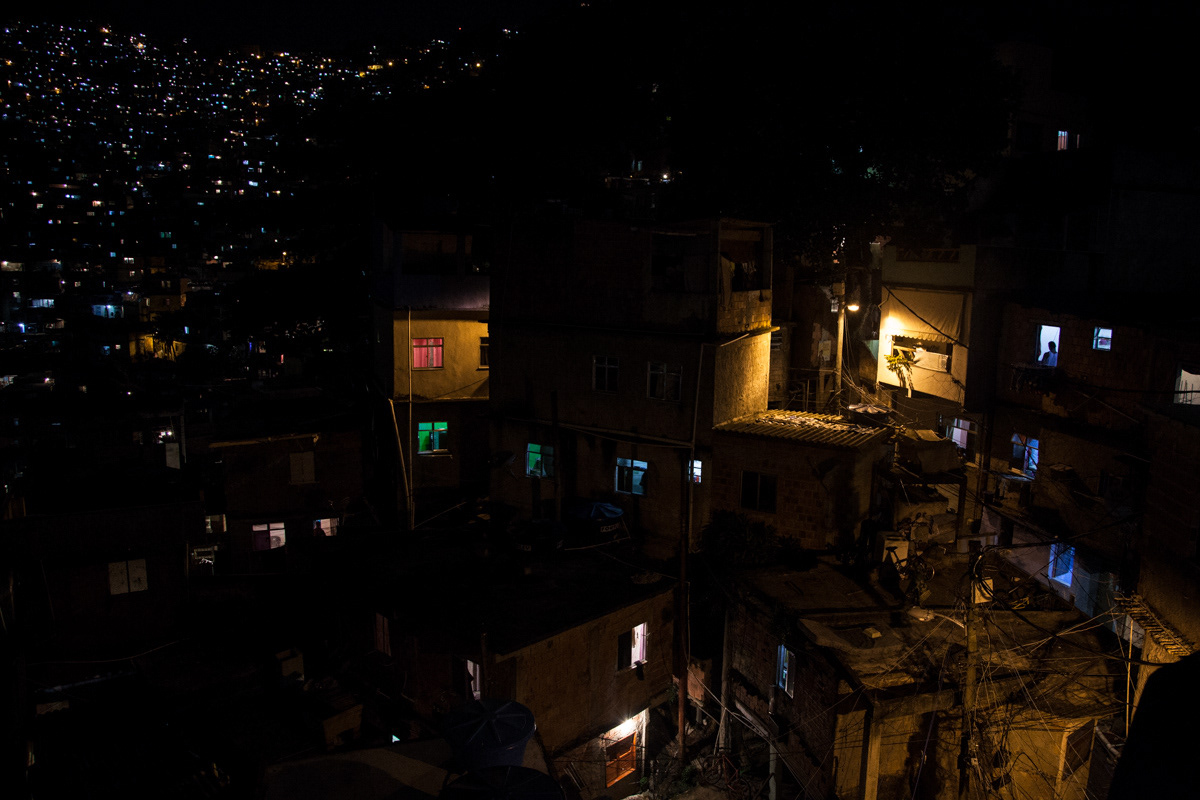Since losing its capital status to Brasília in 1960, Rio has been in decline. Investment dried up, brains and businesses fled to arch-rival São Paulo and violence became endemic. The number of favelas, hill-side slums, grew exponentially. In these places, everything from traffic violations to murder seemed to go unpunished. The drug trade took hold. The city became divided into two different worlds.
In October 2009, Rio won its bid to host the 2016 Olympics. This set off a $10 billion+ spending spree, focusing on athletic facilities but also including metro expansions, airport renovations and many more construction projects. Besides opening splashy new buildings, the authorities, spurred on by the progressive Mayor Eduardo Paes, are trying to crack down on crime. One such effort is to retake control of several high-profile favelas. They did this by sending in battalions of special-operations police to remove the drug traffickers and then installed a community-based presence called “Pacifying Police Units”, or UPPs by their Portuguese initials.
Over the past five years, the program has shown mixed, limited success. While there are over 1,000 favelas surrounding Rio just 17 UPPs have been set up in 68 communities. According to the government, the results have been overwhelmingly positive. Yet in the favelas, people describe the police forces as unprofessional, corrupt, and sorely underpaid. In some cases, innocent people have been shot by police forces during crime-fighting efforts. The already strained relationship between police and populace is close to breaking point.
Regardless of their effect, the UPPs only address one problematic aspect of many. The residents continue to wait for improvements to their health care, education, water quality, transportation networks and, most crucially, employment opportunities. Real investment, aimed at fixing the broken public services or improving the economic outlook, has never materialized. These kinds of changes take time and money—and in this case, probably too much of both. Many believe that once the Olympics are over, the spotlight will move on and the favelas will return to what they were and what they will continue to be.
